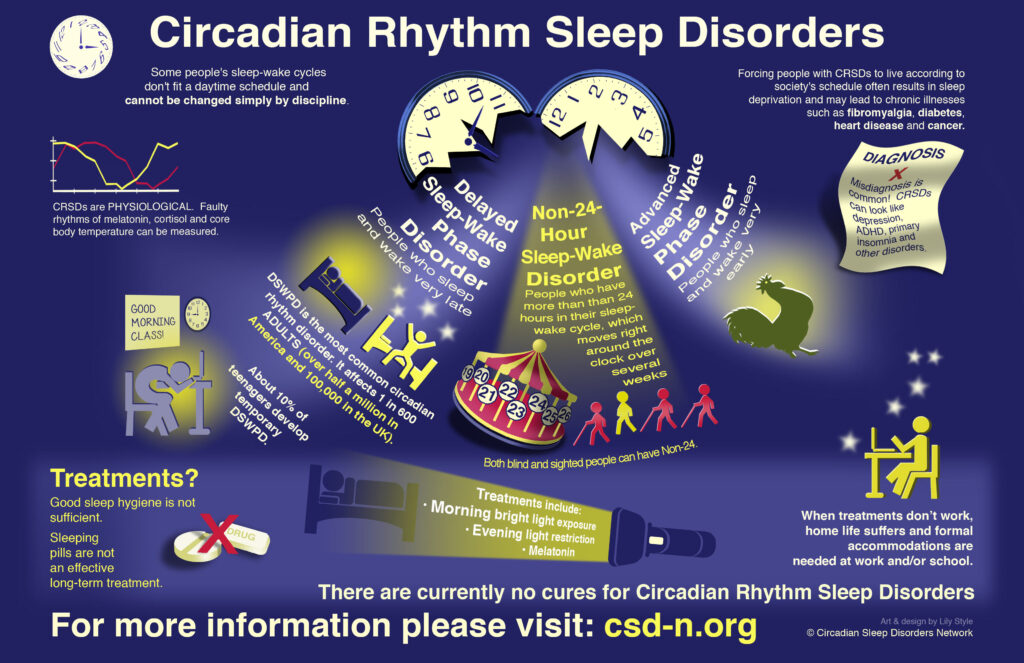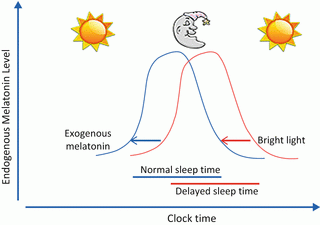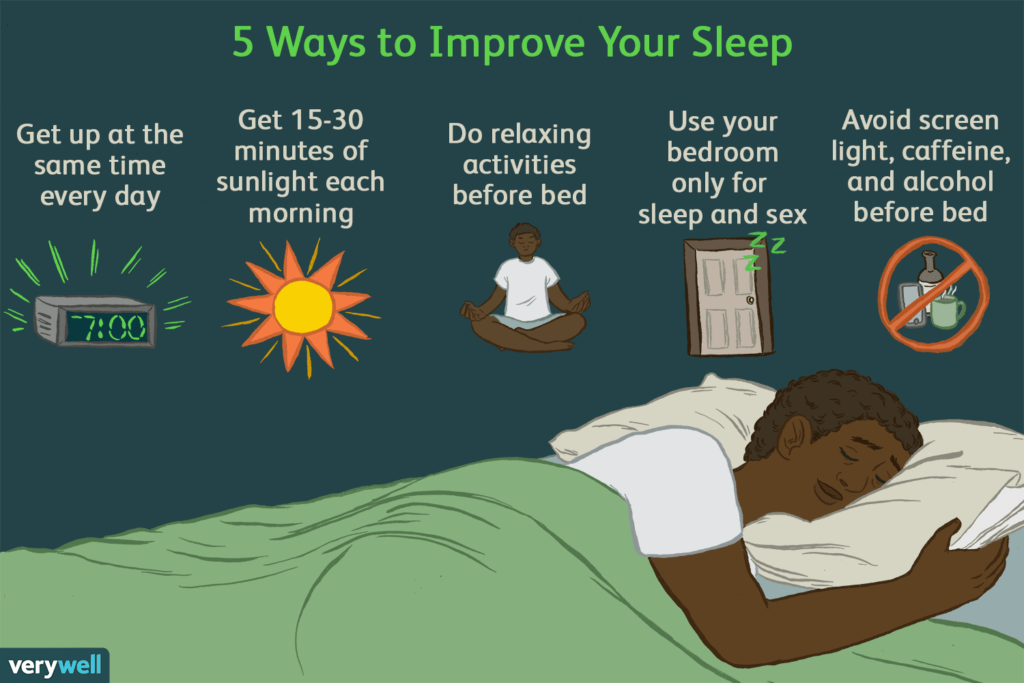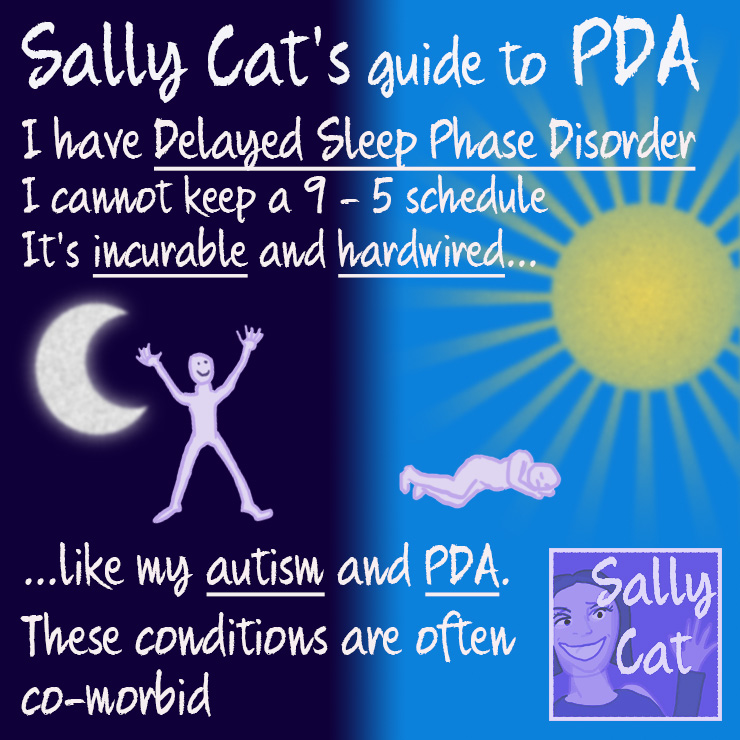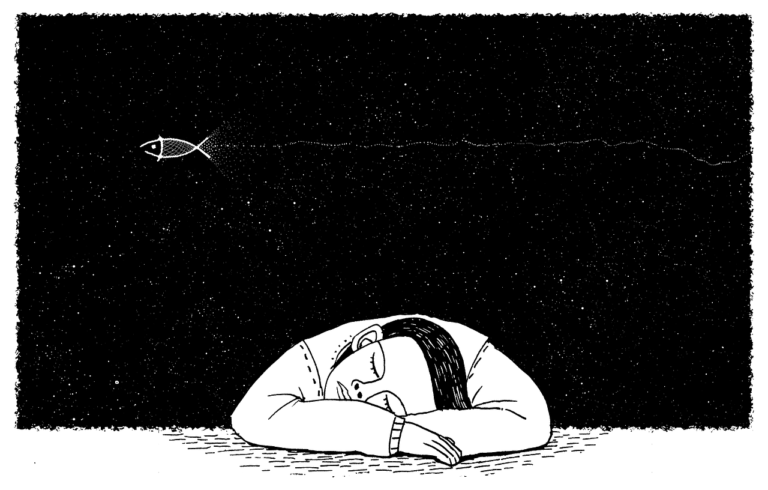Understanding the Link: Delayed Phase Sleep Syndrome and Sleep Disorders
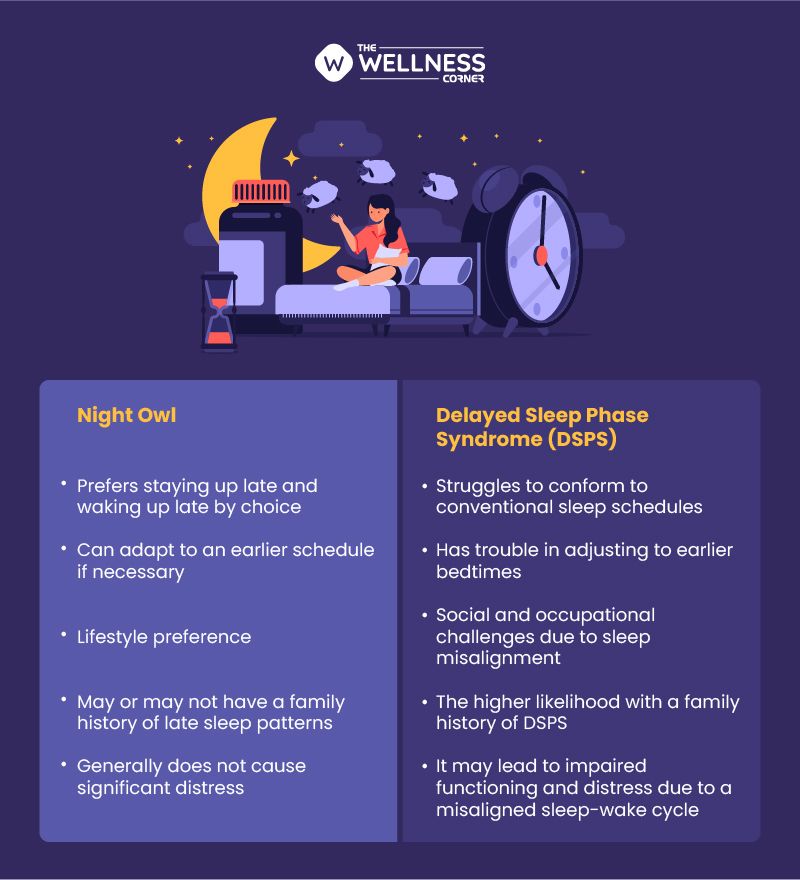
Are you tired of feeling exhausted during the day? Do you struggle with falling asleep at night and waking up in the morning? Understanding the Link: Delayed Phase Sleep Syndrome and Sleep Disorders can help shed some light on this common problem. In today’s fast-paced world, sleep disorders like insomnia and sleep apnea are becoming increasingly prevalent, impacting both our health and productivity. However, there is a solution. Located conveniently in the heart of Rego Park and easily accessible from all 5 boroughs, Vector Sleep Clinic offers comprehensive care for restful sleep. By completing a sleep study, you can identify the root cause of your sleep troubles and receive the necessary treatment to improve your quality of life. Don’t let sleep disorders hold you back any longer – unlock the power of uninterrupted sleep and experience the magic of restful nights at Vector Sleep Clinic.
This image is property of www.circadiansleepdisorders.org.
Overview of Sleep Disorders
Sleep disorders have become increasingly prevalent in modern society, causing negative impacts on both physical and mental health. These disorders disrupt the natural sleep patterns and can have serious consequences if left untreated. In this article, we will explore the definition and types of sleep disorders, examine the prevalence of these disorders, and discuss the impact of untreated sleep disorders on health.
Introduction to Delayed Phase Sleep Syndrome (DPSS)
Delayed Phase Sleep Syndrome (DPSS) is a specific type of sleep disorder that affects the timing of a person’s sleep-wake cycle. Individuals with DPSS have a natural inclination to go to bed and wake up later than what is considered socially acceptable. This misalignment between their internal body clock and societal demands can lead to significant difficulties in functioning during daytime hours.
Symptoms and Diagnosis Criteria of DPSS
The symptoms of DPSS include difficulty falling asleep at a desired time, excessive daytime sleepiness, and a general sense of fatigue. To diagnose DPSS, healthcare professionals rely on specific criteria, including a consistent delay in the timing of sleep onset and difficulty maintaining a regular sleep-wake schedule. It is crucial for individuals experiencing these symptoms to seek a professional diagnosis.
Causes and Risk Factors of DPSS
The exact cause of DPSS is not fully understood. However, certain factors have been identified as potential contributors to the development of this sleep disorder. Genetic predisposition, irregular sleep patterns, exposure to bright lights at night, and certain medical conditions have been associated with DPSS. Understanding these causes and risk factors can assist in developing effective management strategies for individuals with DPSS.

This image is property of ghost-cms.s3.ap-south-1.amazonaws.com.
Comparing DPSS with Other Sleep Disorders
While DPSS shares some similarities with other sleep disorders, such as insomnia, it is important to differentiate it from conditions like sleep apnea and restless leg syndrome. DPSS primarily affects the timing of sleep, whereas insomnia refers to difficulty falling or staying asleep. Sleep apnea involves interruptions in breathing during sleep, and restless leg syndrome causes discomfort and the urge to move the legs. Recognizing these distinctions is key in identifying the specific sleep disorder and implementing appropriate treatment approaches.
The Science Behind DPSS
The sleep-wake cycle, regulated by circadian rhythms, plays a significant role in DPSS. Circadian rhythms are internal biological processes that regulate various physiological functions, including sleep timing. Disruptions to these rhythms can lead to delayed sleep phase. Additionally, the hormone melatonin, which is naturally secreted by the body, plays a role in regulating the sleep-wake cycle and may be imbalanced in individuals with DPSS. Genetic factors have also been found to influence DPSS, highlighting the complex interplay of biological mechanisms underlying this sleep disorder.
This image is property of i0.wp.com.
Health Implications of DPSS
Untreated DPSS can have several negative impacts on an individual’s health. Mental health concerns, such as depression and anxiety, are commonly associated with DPSS. Additionally, DPSS has been linked to an increased risk of cardiovascular issues, including hypertension and heart disease. Furthermore, individuals with DPSS may be at a higher risk of developing obesity and metabolic syndrome. Understanding these potential health implications can motivate individuals with DPSS to seek appropriate treatment and management strategies.
Diagnosis of Delayed Phase Sleep Syndrome
Diagnosing DPSS requires a comprehensive evaluation by a healthcare professional. Clinical assessment and a detailed patient history are essential in identifying specific patterns and symptoms of DPSS. Polysomnography, a sleep study, may also be conducted to assess sleeping patterns, brain activity, and physiological changes during sleep. Sleep diaries, where individuals record their sleep-wake schedule and other relevant information, can provide valuable insights to aid in diagnosing DPSS and monitoring treatment progress.
This image is property of www.verywellhealth.com.
Treatment and Management of DPSS
A range of treatment options exist for individuals with DPSS, focusing on aligning their sleep-wake schedule with societal demands. Light therapy is a primary and effective treatment approach, where individuals are exposed to specific types of light to regulate their circadian rhythms. In some cases, pharmacological interventions, such as melatonin supplements, may be prescribed to help regulate sleep patterns. Behavioral and lifestyle interventions, such as maintaining a consistent sleep routine and avoiding stimulating activities before bedtime, can also be helpful in managing DPSS.
Challenges and Solutions in Managing DPSS
Living with DPSS can present challenges in various aspects of life, including social and work life. Adapting one’s schedule and accommodating the delayed sleep phase can require open communication and understanding from friends, family, and colleagues. Additionally, educational interventions focusing on improving sleep hygiene and raising awareness about DPSS can empower individuals to make informed decisions regarding their sleep habits. Long-term management strategies are vital in maintaining healthy sleep patterns and minimizing the impact of DPSS on overall well-being.
This image is property of blogger.googleusercontent.com.
Recent Research and Advances in DPSS Treatment
Advancements in DPSS treatment and management continue to emerge. Researchers are exploring emerging therapies, such as chronotherapy, which involves gradually shifting the sleep-wake schedule to align with societal demands. Genetic studies are providing valuable insights into the influence of specific genes on DPSS, potentially leading to personalized medicine approaches for treatment. The future of DPSS management holds promise as scientific understanding expands and innovative solutions are developed.
Conclusion and Recommendations
In conclusion, DPSS is a sleep disorder that significantly disrupts an individual’s sleep-wake cycle, causing difficulties in functioning during daytime hours. Seeking a professional diagnosis and treatment is crucial for individuals experiencing symptoms of DPSS. It is important to recognize the impact of DPSS on overall health, including mental health and cardiovascular risks. Effective treatment and management strategies, such as light therapy and lifestyle interventions, can help individuals with DPSS regain control of their sleep patterns and improve their overall well-being. It is recommended that individuals suspecting they have DPSS reach out to healthcare professionals for proper diagnosis and treatment. Sleep disorders should never be taken lightly, and seeking professional help is essential for better sleep health.

